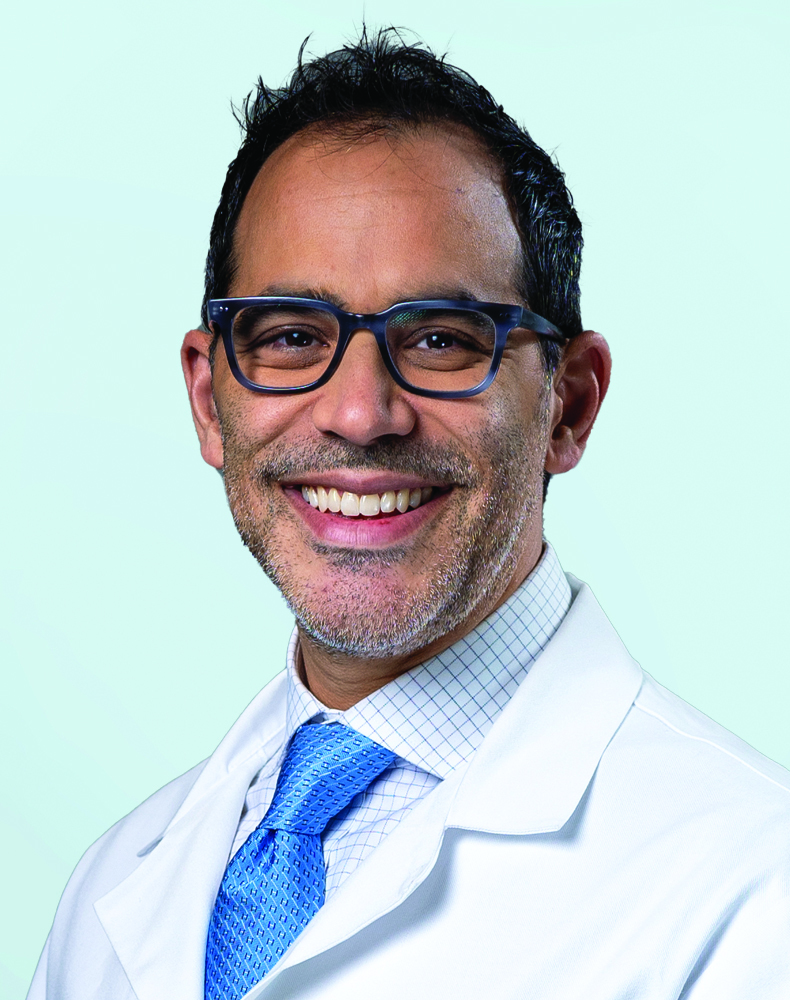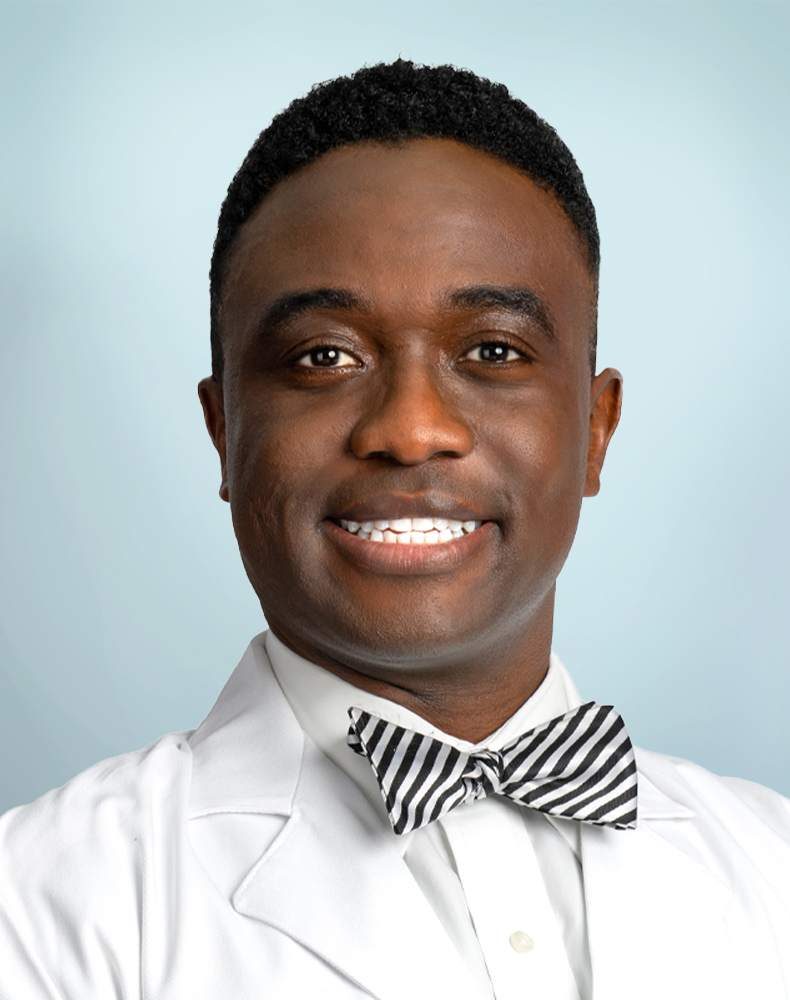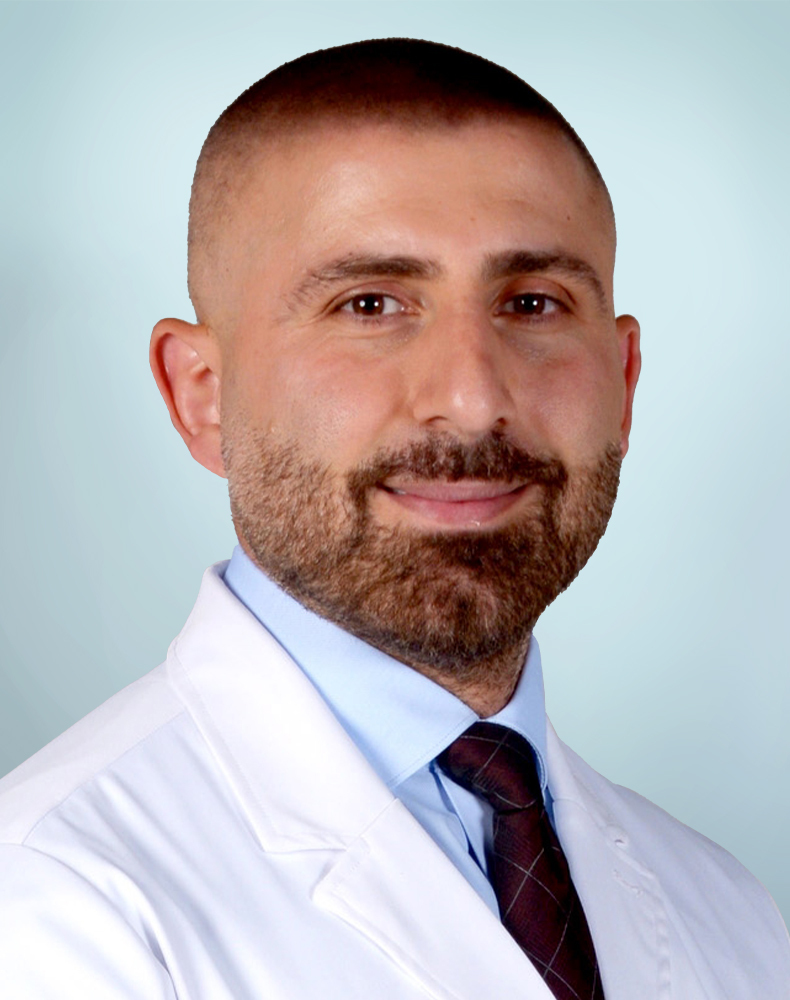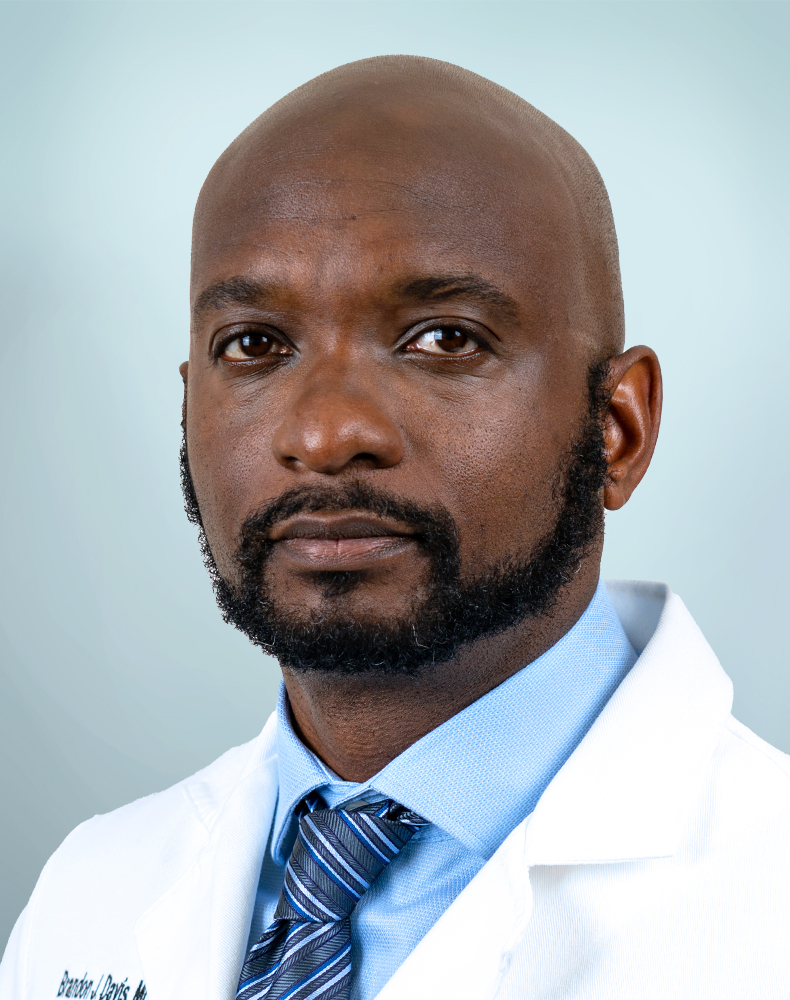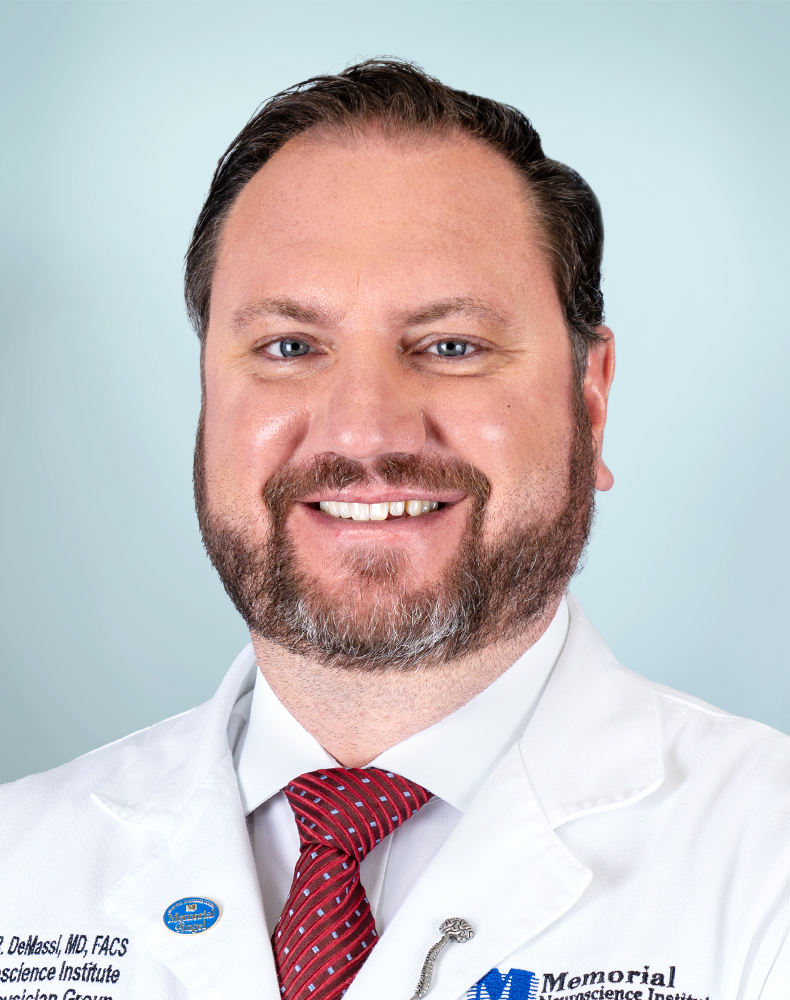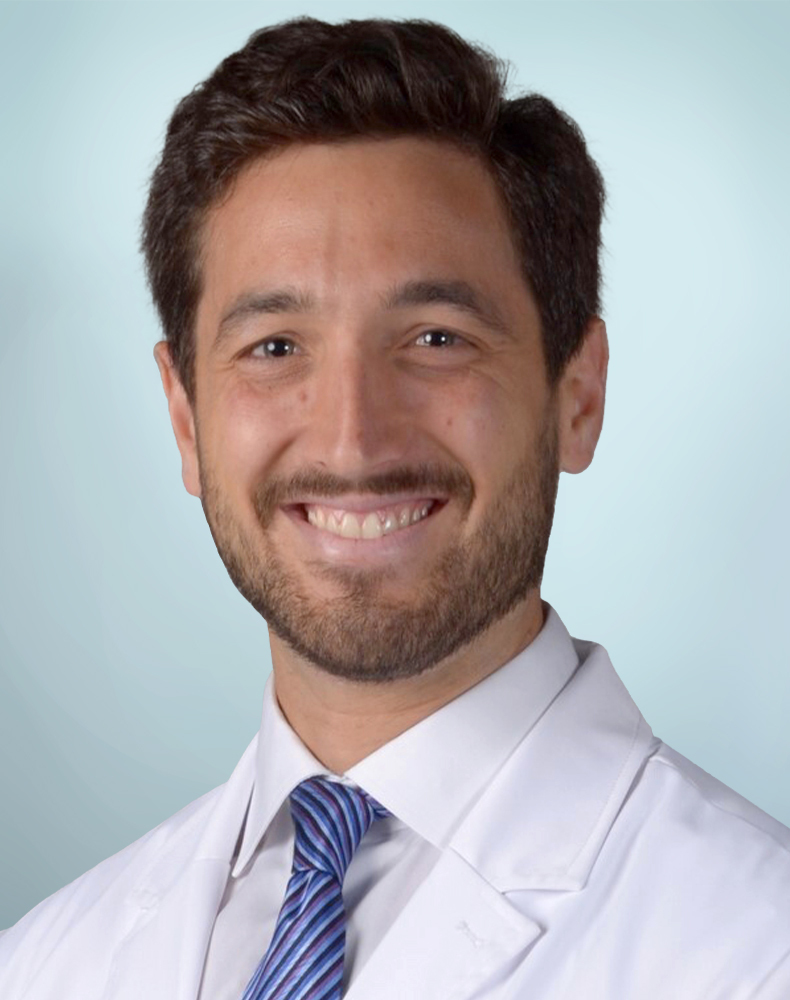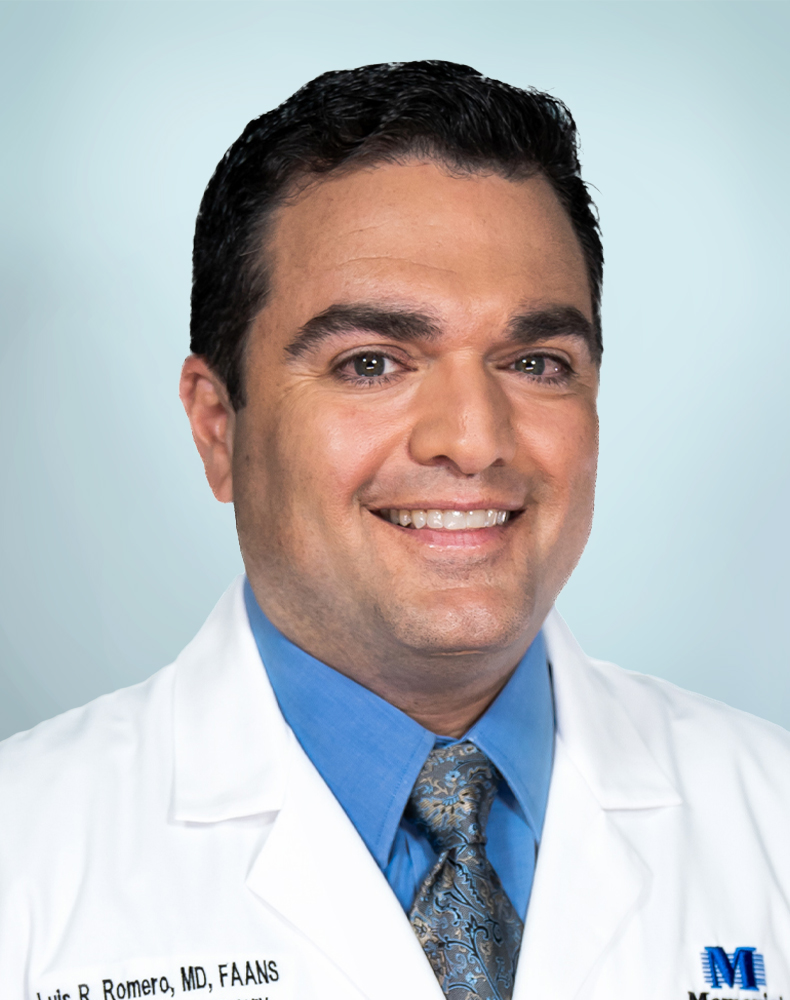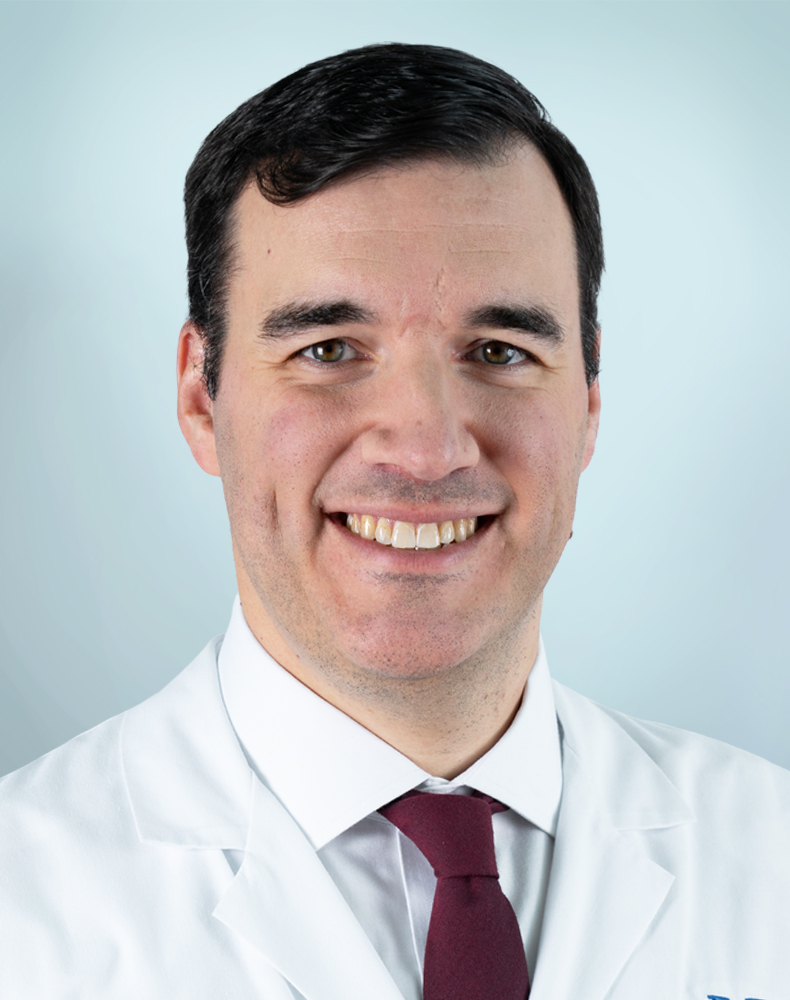Brijesh Mehta, MD
Medical Director, Adult & Pediatric NeuroInterventional Surgery and Medical Director, Comprehensive Stroke Program
Memorial Division of Neurosurgery
1150 North 35th Avenue
Suite 300
Hollywood, FL 33021
Phone: 954-276-3500
Fax: 954-989-0454
Memorial Division of Neurosurgery
601 North Flamingo Road
Suite 206
Pembroke Pines, FL 33028
Phone: 954-276-3500
Fax: 954-499-1227
Memorial Division of Neurosurgery
17180 Royal Palm Boulevard
Suite 1
Weston, FL 33326
Phone: 954-844-6825
Fax: 954-499-1227
About Me
Dr. Mehta is an adult and pediatric neurointerventionalist at Memorial Neuroscience Institute. He attended Emory University for his undergraduate degree and received a bachelor of science in biology, graduating magna cum laude. Dr. Mehta earned his medical degree from the University of North Carolina at Chapel Hill in 2005; he was selected for the distinguished medical scholarship program
Dr Mehta has completed eight years of specialty training at the following Harvard Medical School programs: internship at Beth Israel Deaconess Medical Center (2007); neurology residency at Massachusetts General Hospital/Brigham & Women’s Hospital (2010); stroke and neurocritical care fellowship at Massachusetts General Hospital/Brigham & Women’s Hospital (2012); endovascular neurosurgery fellowship at Massachusetts General Hospital, Massachusetts Eye & Ear Infirmary (2014).
Dr. Mehta is skilled in the treatment of adult and pediatric intracranial aneurysms, arteriovenous malformations of the brain and spine, and in atherosclerotic disease of the carotid and intracranial vasculature. He collaborates with colleagues from Boston Children’s Hospital on complex pediatric neurointerventional cases.
He has advanced training in vascular lesions of the face and neck, including epistaxis, venolymphtic malformations, tumors and hemangiomas. Dr. Mehta also treats vertebral compression fractures using minimally invasive techniques to provide improved stability to the spine and relieve pain.
Dr. Mehta has a Subspecialty Certification in NeuroEndovascular Surgery by The Society of Neurological Surgeons Committee on Advanced Subspecialty Training (CAST). He an inducted Fellow of the Society of Vascular and Interventional Neurology (SVIN) based on his impact in the field as a clinician and researcher.
Languages
- Gujarati
- Hindi urdu
Areas of Focus
- Adult and Pediatric
- Brain Aneurysm
- Brain Arteriovenous Malformation
- Carotid Stenosis
- Cerebral Venous Sinus Stenosis
- Intracranial Stenosis
- Vertebral Compression Fractures
Education
Fellowships
- Massachusetts General Hospital-Harvard Medical Sch, 2012, Neurocritical Care
- Massachusetts General Hospital-Harvard Medical Sch, 2014, Vascular Interventional Neurology
Residency
- Massachusetts General Hospital Harvard Medical School Program, 2010, Neurology
Internships
- Beth Israel Deaconess Medical Center-East, 2007, Internal Medicine
Medical Education
- University Of North Carolina, 2005
Certifications
- American Board of Psychiatry and Neurology-Neurology
Awards, Achievements, and More
Publications
Professional Organizations
- American Academy of Neurology
- Society of Neurointerventional Surgery
- Neurocritical Care Society
- Society of Vascular and Interventional Neurology
- American Stroke Association
Presentations
- “Procedural Duration Impacts Clinical Outcome Following Intra-Arterial Stroke Therapy,” International Stroke Conference, 2012
- “Neurointerventional Practice Patterns for Intra-Arterial Therapy in Acute Ischemic Stroke,” International Stroke Conference, 2012
- “Acute Stroke Quality Task Force: Reducing Times from Door to Intra-Arterial Therapy,” Massachusetts General Hospital, 2012
- “Embolization Pre-Radiosurgery for AVMs,” Massachusetts General Hospital, 2012
- “Journal Club: Trevo-2 Trial,” Massachusetts General Hospital, 2012
- “Dural Arteriovenous Fistulas,” Grand Rounds, Massachusetts Eye & Ear Infirmary, 2012
- “Carotid Stenosis: Stenting vs. CEA,” Massachusetts General Hospital, 2012
- “Intracranial Stenting: The SAMMPRIS Trial,” Brigham & Women’s Hospital, Massachusetts General Hospital, 2012
- “Thrombectomy with Stent Retrievers in Acute Stroke: The SWIFT Trial,” Massachusetts General Hospital, 2012
- “Reducing Time to Intra-Arterial Therapy in Acute Ischemic Stroke,” Partners Healthcare Administration, 2012
- “Training in Interventional Neurology,” Fellows Session, Society of Vascular and Interventional Neurology, Fourth Annual Meeting, 2011
- “Vessel Perforation During Intra-Arterial Therapy for Acute Ischemic Stroke,” Case Presentation, Society of Vascular and Interventional Neurology, Fourth Annual Meeting, 2011
- “iMedicine: Mobile Healthcare Apps for Physicians,” Massachusetts General Hospital, 2011
- “Overview of Interventional Neurology Procedures,” Massachusetts General Hospital, Brigham & Women’s Hospital, 2011
- “Intra-Arterial Therapies for Vasospasm in Subarachnoid Hemorrhage,” Massachusetts General Hospital, Brigham & Women’s Hospital, 2011
- “Sedation Practices During Intra-Arterial Therapy for Acute Ischemic Stroke,” Massachusetts General Hospital, Brigham & Women’s Hospital, 2011
- “Dabigatran for Stroke Prevention in Atrial Fibrillation,” Brigham & Women’s Hospital, 2011
- “Interventional Neurology Techniques,” Massachusetts General Hospital, Brigham & Women’s Hospital, 2011
- Stroke Conference, Massachusetts General Hospital, 2011
- “Neurological CU Morbidity and Mortality,” Massachusetts General Hospital, 2010
- Neurology Clinical Case Presentations, Massachusetts General Hospital, 2010
- Neuropathology Conference, Brigham & Women’s Hospital, 2009
- “Predictors and Outcomes of Heparin-Induced Thrombocytopenia in Subarachnoid Hemorrhage Patients,” Oral Presentation, Neurocritical Care Society Annual Conference, 2009
- “Medical Plexus: A Platform for Content Management and Medical Student Evaluation,” Poster Presentation, American Academy of Neurology Annual Conference, 2009
- “Minus Syndrome: Unilateral Collier’s Sign Without Contralateral Ptosis in a Woman with Thalamic Hemorrhage,” Poster Presentation, American Society of Neuro-Opthamology Conference, 2009
Current/active appointments
- Medical Director, Stroke and Neurocritical Care
Awards
- Inaugural Visionary Award, Greater Hollywood Chamber of Commerce, 2020
- Clinical Process Improvement Leadership Program Fellow, Massachusetts General Hospital, Partners Healthcare, Harvard Medical School, 2012
- Healthcare IT Award (Finalist), Massachusetts Medical Society IT Committee, 2007
- Distinguished Medical Scholar Fellowship, University of North Carolina School of Medicine, 2006
- Medical Alumni Endowment Grant, University of North Carolina School of Medicine, 2004
- AOA Research Fellowship, AOA Medical Society, 2004
- Schwirck Medical Student Research Fellowship, University of North Carolina School of Medicine, 2003









